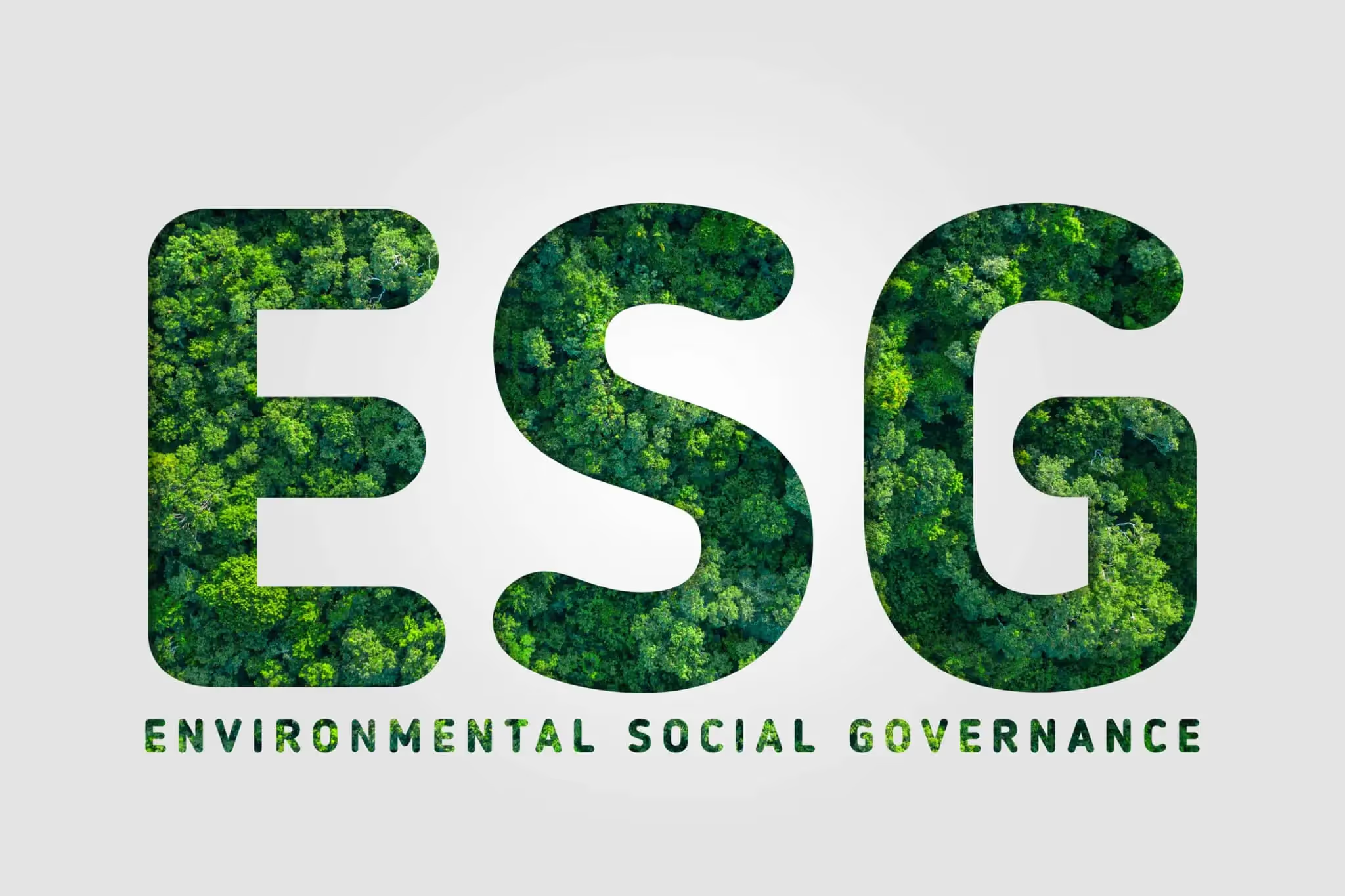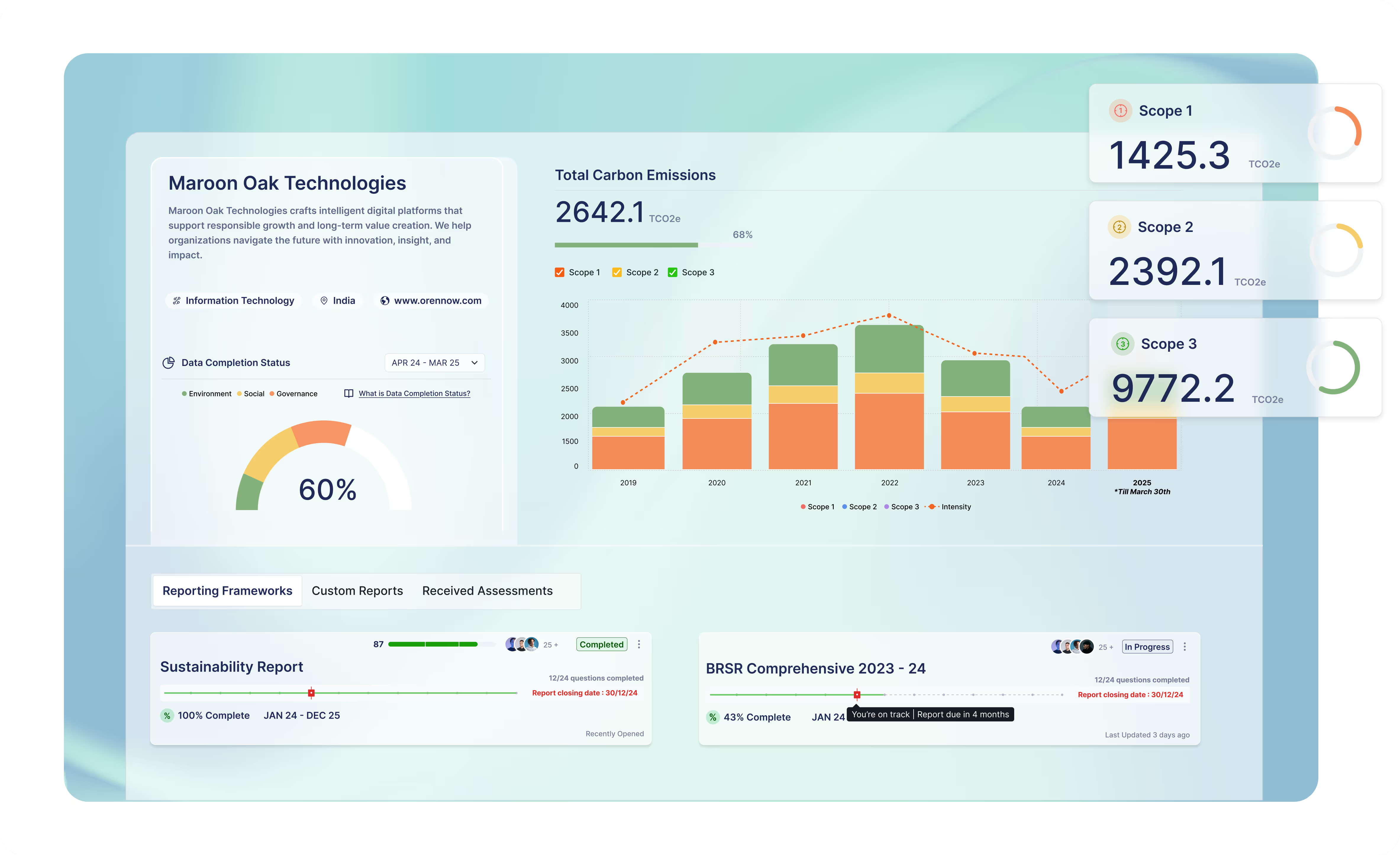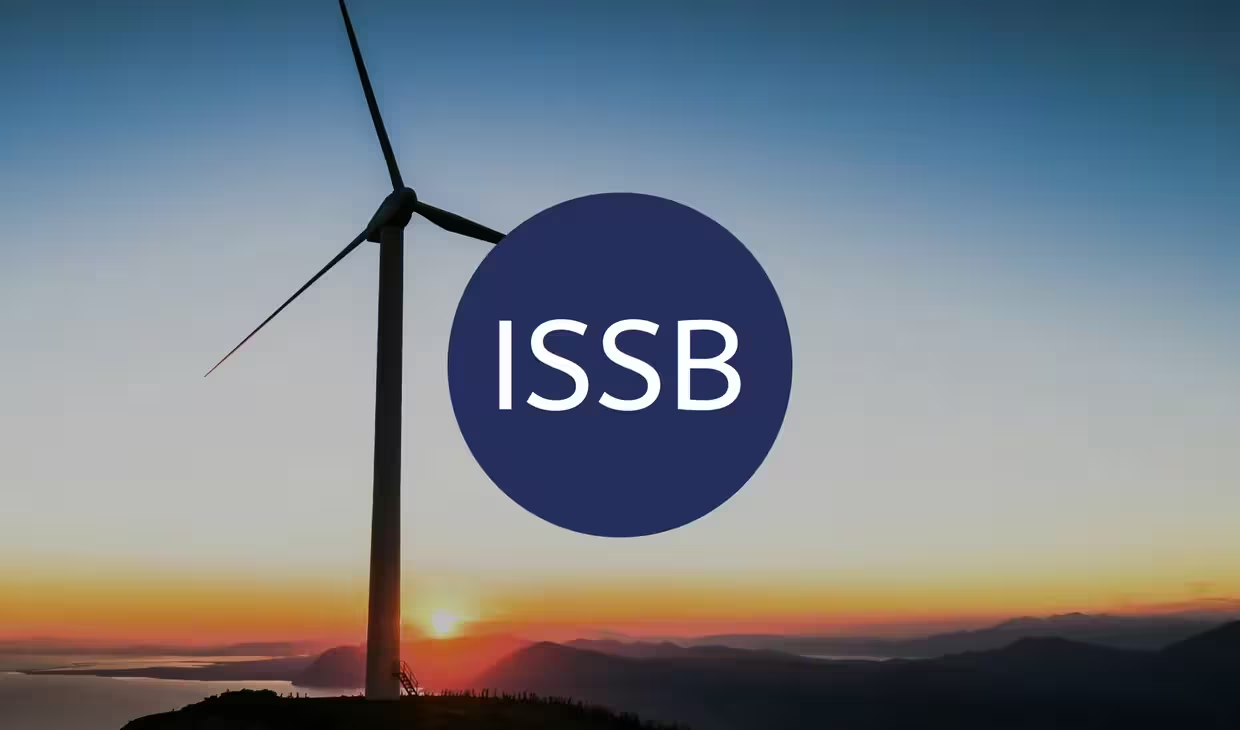Understanding BRSR: A Company Secretary's Perspective

In the evolving landscape of sustainability reporting in India, the Business Responsibility and Sustainability Report (BRSR) has emerged as a pivotal framework. With the latest SEBI amendment mandating the top 1000 listed companies by market capitalization to produce BRSR starting from FY 2022-23, many organisations find themselves unprepared for this compliance requirement. This article delves into the nuances of BRSR from the perspective of a company secretary, addressing common challenges and providing actionable insights.
Understanding BRSR and Its Distinction from CSR
One of the primary confusions among companies is differentiating between Corporate Social Responsibility (CSR) and BRSR. Simply put, CSR focuses on how a company allocates its profits towards social causes. In contrast, BRSR, which stands for Business Responsibility and Sustainability Report, examines how profits are generated in the first place, emphasising the entire business operation's impact on Environmental, Social, and Governance (ESG) parameters. Essentially, CSR is a subset of BRSR, with the latter providing a more comprehensive view aligned with ESG reporting in India.
Establishing an ESG Committee: CSR vs. BRSR Committees
A common query is whether companies need to set up a separate internal committee for BRSR or if the existing CSR committee suffices. As per current company law, there is no mandate for a distinct board-level committee for BRSR. However, it is advisable to establish a dedicated ESG committee comprising independent directors and executive directors to oversee BRSR implementation. This proactive approach aligns with the best practices in ESG reporting standards and ensures readiness for potential future regulatory requirements.
Effective Disclosure Practices for BRSR
Transparency is a core element of BRSR, necessitating clear disclosure practices. Board-level policies should be accessible on the corporate website, with links to policies related to principles No. 1-9 aligned with corresponding questions in the BRSR framework. This practice not only enhances environmental sustainability visibility but also adheres to GRI reporting guidelines. The final BRSR document must be submitted to the MCA21 portal in the XBRL format, ensuring compliance with sustainability reporting in India requirements.

Training and Sensitization for ESG Implementation
Implementing BRSR requires a company-wide commitment to sustainability. Training and sensitization programs are crucial for both internal and external stakeholders. These initiatives should start at the board level and extend to all employees, ensuring that everyone understands the 17 Sustainable Development Goals (SDGs) and their role in achieving them. Continuous training helps integrate environmental accounting and life cycle assessment into daily operations, fostering a culture of sustainability across the organisation.
Assurance Mechanisms in BRSR Reporting
While there is currently no legal requirement for auditing BRSR/non-financial reports, obtaining an audit from an external assurance agency can enhance credibility. ESG assurance bridges the trust gap between companies and their stakeholders, aligning BRSR with other frameworks like GRI and TCFD. Companies are encouraged to consider ESG certification to demonstrate their commitment to transparent and accurate reporting.
Integrating BRSR with Other Sustainability Frameworks
Some companies might question the necessity of BRSR if they already adhere to frameworks such as GRI, TCFD, or IR. BRSR allows for interlinking and cross-referencing with these global frameworks, but it remains mandatory to produce BRSR as an independent document. Leveraging existing data from other frameworks can streamline the carbon accounting process, making it easier to fulfil BRSR requirements.
Streamlining Data Collection for BRSR Compliance
Data collection is a critical aspect of BRSR reporting, often perceived as a daunting task. The BRSR journey involves extensive data related to greenhouse gas (GHG) emissions, energy consumption, water usage, waste management, and more. Companies should initiate the data collation process early in the financial year, ensuring accurate and comparative data across successive years. Utilising tools like carbon footprint calculators and ESG reporting software can facilitate efficient data management.
BRSR Lite: A Pathway for Non-Listed Entities
Recognizing that not all entities are subject to BRSR compliance, SEBI introduced BRSR Lite, a simplified version focusing on essential sustainability indicators. This standard encourages non-listed companies and startups to disclose their sustainability initiatives, serving as a differentiator in marketing and PR activities. Producing a BRSR Lite report can also aid in securing sustainability-linked loans and participating in the upcoming Business Responsible Index by SEBI.
Conclusion: Embracing BRSR for Sustainable Growth
Regardless of where a company stands on its ESG journey, embracing BRSR is crucial for long-term sustainability and compliance. Implementing BRSR not only meets regulatory requirements but also enhances a company's reputation, aligns with global sustainability trends, and contributes to achieving the 17 SDGs. Company secretaries play a vital role in coordinating efforts across internal teams and external vendors to ensure successful BRSR implementation.
For tailored solutions and expert guidance on BRSR reporting, contact Oren today to connect with our panel of industry-specific experts.
Latest Blog Posts
Dive into our blog for insights on making your organization more sustainable.
Sustainability Simplified
Wherever you are in your sustainability journey, we help you advance with confidence.
Schedule a Call





